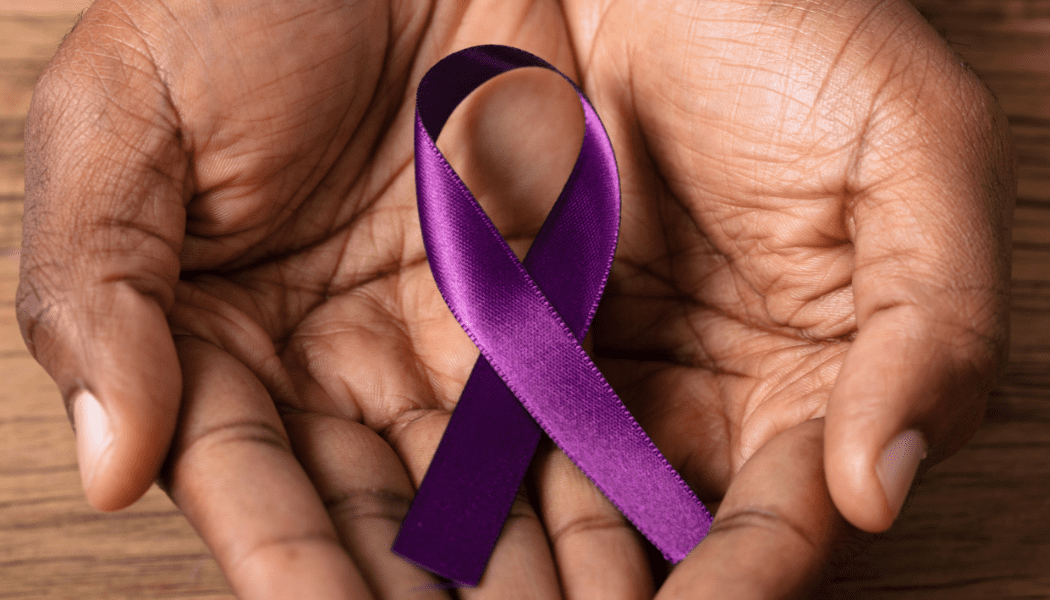Around the world, one in ten babies will be born prematurely. In November, we take a day to recognize and bring awareness to the risks and implications of premature births. Today is World Prematurity Day. Today we pause to show compassion and support for the families suffering the anxiety of premature births.
What is Premature Birth?
Any baby born three weeks or more before its estimated due date is considered premature. According to the March of Dimes, the rate of premature births in the United States is increasing.
But there is a big difference in premature births.
- A late preterm baby is born between 34 and 37 weeks gestation. Many babies born in this timeframe are fully developed and have little to no need for extra help in a NICU (neonatal intensive care unit).
- Babies born 32 to 34 weeks into a pregnancy are tiny and may have underdeveloped lungs. They will likely require a stay in the NICU.
- An actual preemie is a baby born before 32 weeks gestation. These very tiny babies typically require a few months in a NICU with considerable medical intervention.
- A micro preemie is the tiniest of babies born prematurely. These babies are born 25 weeks or less gestation weighing only about one pound. These tiny humans have an uphill battle, with several months in the NICU with round-the-clock medical care.
What Are The Risks Of Premature Birth?
The human brain, lungs, and other organs don’t fully develop until the last few weeks of pregnancy. Therefore, babies born too early in pregnancy often face health challenges. Sometimes they face challenges with vision and hearing. Some babies born prematurely face developmental delays. According to the March of Dimes, premature birth is the leading cause of death globally in children under five years old.
Those at greater risk for premature birth are African Americans, teen mothers, people birthing over 35 years old, and those from low-income backgrounds.
Gender also plays a role in premature birth, with boys being born prematurely more than girls.
What Can Be Done to Decrease the Risk of Premature Birth?
In the United States, neonatal death is low compared to other parts of the world due to technological advancements and medical procedures. However, preterm babies are still vulnerable to developing cerebral palsy, developmental delays, and hearing and sight problems. And the March of Dimes gives America a grade of “C” in this battle for healthy babies, showing a widening gulf of differences in survival rates depending on the mothers’ racial background and socioeconomic conditions.
So what can we do to help prevent premature birth?
- Schedule a preconception check-up to ensure your body is ready for pregnancy.
- Wait for a minimum of 18 months between giving birth and getting pregnant again.
- Protect yourself from infections that can lead to preterm birth.
- Eat healthily and move during pregnancy to maintain a healthy weight and reduce stress.
- Don’t smoke, drink alcohol, or use harmful drugs.
- Get regular prenatal care as recommended.
- Learn the signs and symptoms of preterm labor and what to do if you experience it.
We don’t always know what causes preterm labor; even if you do everything “right,” you can still give birth early. But with greater awareness and access to quality healthcare, we can lower premature birth risks and disparity.
Pull Out the Purple

Purple is the ribbon color assigned to premature birth awareness. You can wear purple on Thursday, November 17, to show your solidarity and commitment to supporting families of premature babies but wearing purple is just the start.
Many people have never seen a premature baby. And while these images may be hard to view, we can generate awareness for this vital cause by posting pictures on social media platforms.
Of course, donations to organizations like the March of Dimes are crucial to advancing the technology needed to help support these tiny babies and their families. Other organizations sponsor care packages for preemies, including tiny diapers, special feeding bottles, and doll-sized clothes. Some hospitals provide these care packages free of charge to the families of premature babies. You can check with your local hospitals to see what programs they have that you can contribute to.
Here in Orlando, we are fortunate to have a leading mother/baby hospital with an award-winning neonatal care facility participating in the research and care of micro-preemies. Keeping babies alive as young as 22 weeks gestation was once impossible, but with such facilities, it’s becoming a reality and a blessing for families facing the birth of these tiniest babies.
Orlando Doulas is proud to support organizations like the March of Dimes and the American Heart Association’s Little Hats Big Hearts campaign in striving to improve the outcomes of premature babies.

